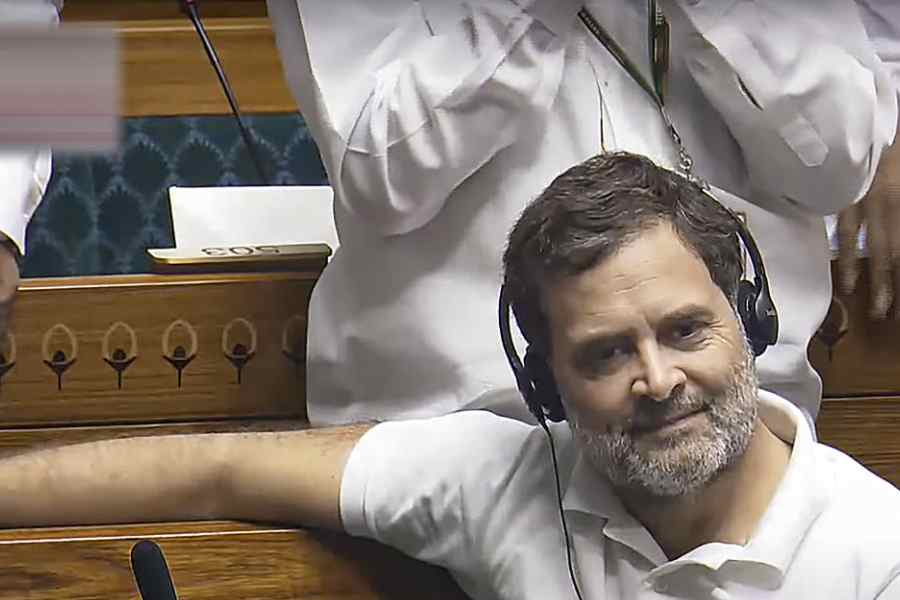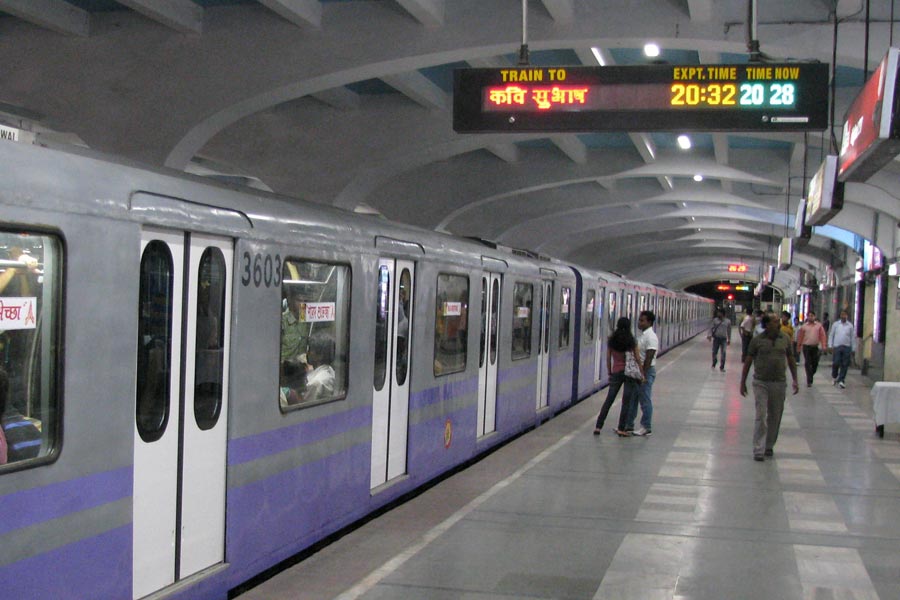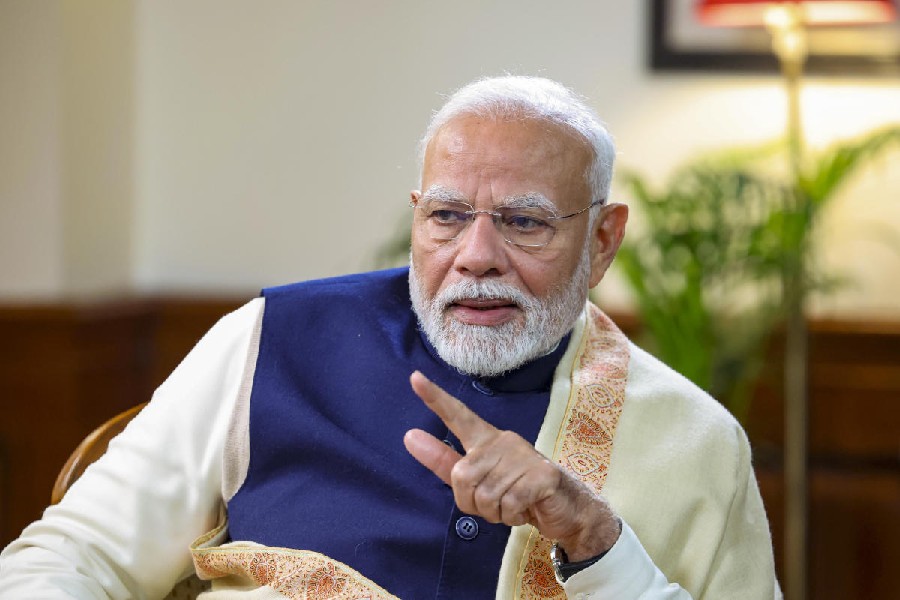Rahul Gandhi on Tuesday wrote to the Speaker seeking restoration of the expunged portions of his speech during the discussion on the motion of thanks to the President’s address on Monday.
The leader of the Opposition in the Lok Sabha termed the expunctions “selective” and “against the very tenets of parliamentary democracy”.
Some portions of Rahul’s speech, including the part that drew the first of the two responses from Prime Minister Narendra Modi, have been expunged. Rahul’s counter to Modi, too, has been expunged. Only the Prime Minister’s remark has been retained in the verbatim records uploaded on the Lok Sabha website.
The issue was also raised in the Lok Sabha by the Congress in the morning and then again by AICC general secretary K.C. Venugopal in his intervention during the discussion on the motion of thanks. “The rule book has to be applicable to all the members of the House,” he said.
Outside Parliament, Rahul told reporters: “In Modi’s world, truth can be expunged. But, in reality, truth cannot be expunged. What I had to say, I have said. It is the truth. Let them expunge it as much as they want, truth will prevail.”
While acknowledging the Speaker’s “powers to expunge certain remarks from the proceedings of the House”, Rahul sought to remind the presiding officer that this applies to only those words “the nature of which have been specified in Rule 380 of the Rules of Procedure and Conduct of Business in Lok Sabha”.
Rahul also drew attention to the fact that BJP MP Anurag Thakur’s speech — which was “full of allegations” — has been left practically untouched with just one word being struck off the records. “With due respect to your good self, this selective expunction defies logic,’’ Rahul noted in his letter.
He also enclosed in his letter the relevant portions of his speech from the uncorrected debates and said: “I am constrained to state that the portions expunged do not come under the ambit of Rule 380. What I sought to convey in the House is ground reality, the factual position. Every member of the House who personifies the collective voice of people whom he or she represents has the freedom of speech as enshrined in Article 105 (1) of the Constitution of India. It is every member’s right to raise people’s concerns on the floor of the House.’’











